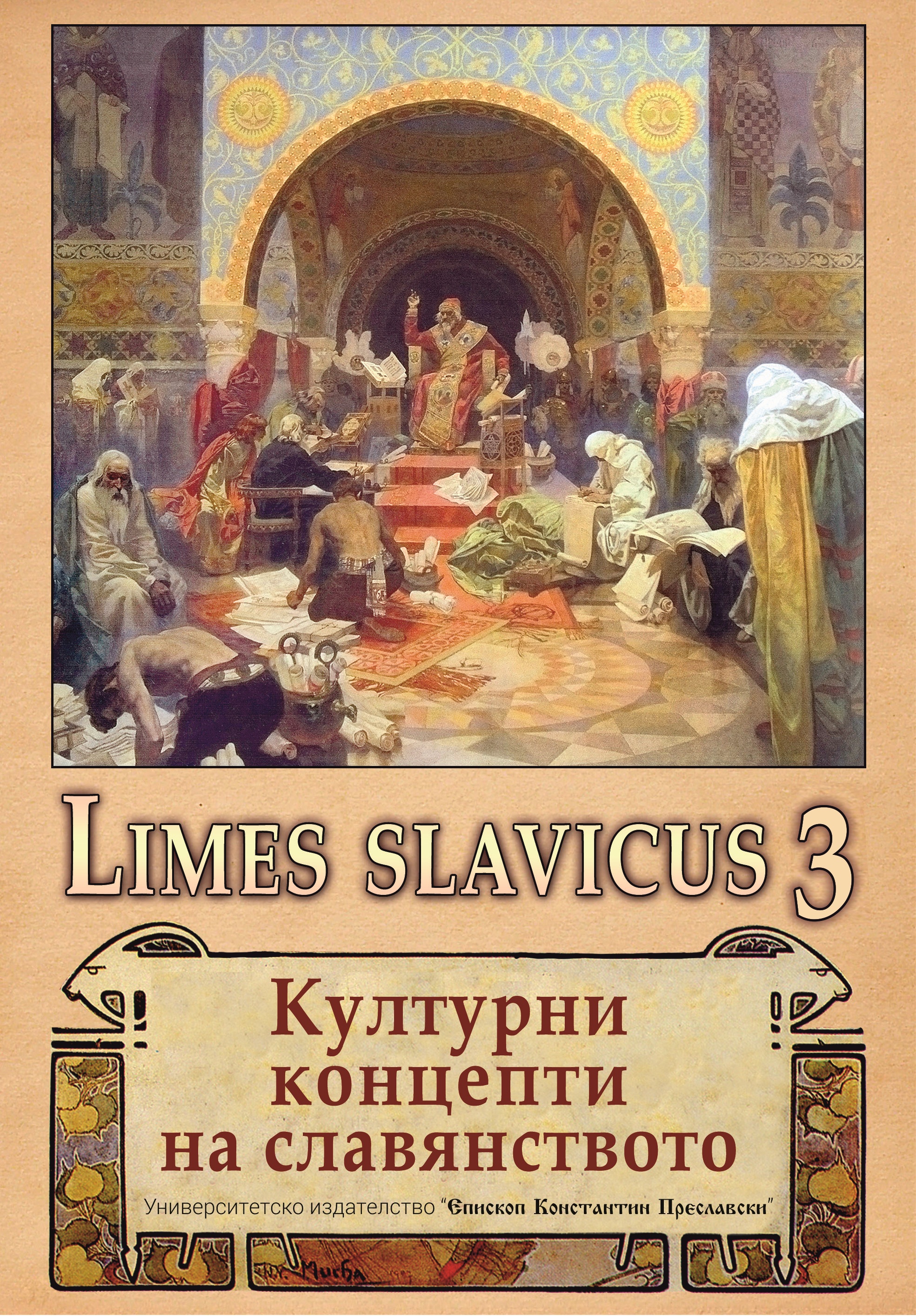Спящее царство и константы культуры (тематизация концепта в русских идеологических контекстах)
The sleeping kingdom and the constans of culture (Topicalisation of the concept in Russian ideological contexts)
Author(s): Denka KrystevaSubject(s): Language and Literature Studies, Studies of Literature, Russian Literature
Published by: Шуменски университет »Епископ Константин Преславски«
Keywords: Russian concept; sleeping kingdom; „Dörnroschen“; „Sleeping beauty“; „Snegurochka“
Summary/Abstract: The article explores the concept of the sleeping kingdom in the Russian literary history and its conceptualization in the Moscow and Petersburg kingdoms in the light of ethnic stereotypes and myths of power. The image is consistent with the Slavic concepts of passivity, inertia, and contemplation. Its sources are traced to the European calendar mythology and Russian folklore, and the climate-related ideas about the culture of the North in European literature. The article discusses the myth generating nature of “the awakening of the earth from winter sleep after the kiss of the spring sun” (after A. Afanasiev), translated into the fairytale plot of the “sleeping beauty”. It is believed that the European concept is also manifested as a Russian one in the construction of Russian ethnic self-portrayal in the folklore tradition. The endorsement of the concept is manifested in the European stereotype of the sleepy Moscow kingdom, and later as a Russian auto-stereotype during the periods of subjective knowledge and search for a national identity: in 19th century poetry and novel, in the Slavophil concept (the play “Snegurochka” by Ostrovsky); in the pro-Western visions of Russia before its Europeanization following Peter the Great’s reforms. Its understanding as a Russian concept is indicative of the fact that it functions as an intertext in the ideological discussion of Russia’s destiny in the mid-century poetry and social novel. A summary of the conceptualization of passivity, contemplation, and laziness as exclusively Russian concepts can be found in the invention of specifically Russian imagery for them – the dream of Oblomov and the sleeping Russian Oblomovka in Goncharov‘s novel „Oblomov“. The image acquires social connotations in relation to the periods of slavery. In addition, political meanings of the concept are emerging in periods of national isolationist politics linked to a return to national culture or periods of stagnation: in the context of Nikolay I‘s scenario of „Fighting the Forces of Evil“ („Dörnroschen“ / „Sleeping Beauty“ by Zhukovsky); in the idea of the Russian monarchy and its connection with the village and the traditional culture at the time of Alexander III („Snegurochka“ by A. Ostrovsky and the eponymous opera by Rimski-Korsakov, as well as the „Sleeping Beauty“ by Tchaikovsky). The link of the concept of „the sleeping kingdom“ as inherently Russian is presented in connection with modern neoslavic philosophical attitudes in Russia (in the motifs of „Russia as enchanted sleeping beauty“, and „people sleeping in slave‘s obedience“): the opposition to the European model of development is presented in the image of an inert and submissive country enchanted to sleep for centuries. The persistent conceptualisation of the image of „the sleeping kingdom“ in the folklore model, literarypolitical thinking, social conceptualisations and ideological points of view related to Russia is a reason to believe that it is a constant of Russian culture.
Journal: Limes Slavicus
- Issue Year: 2018
- Issue No: 3
- Page Range: 136-153
- Page Count: 18
- Language: Russian

